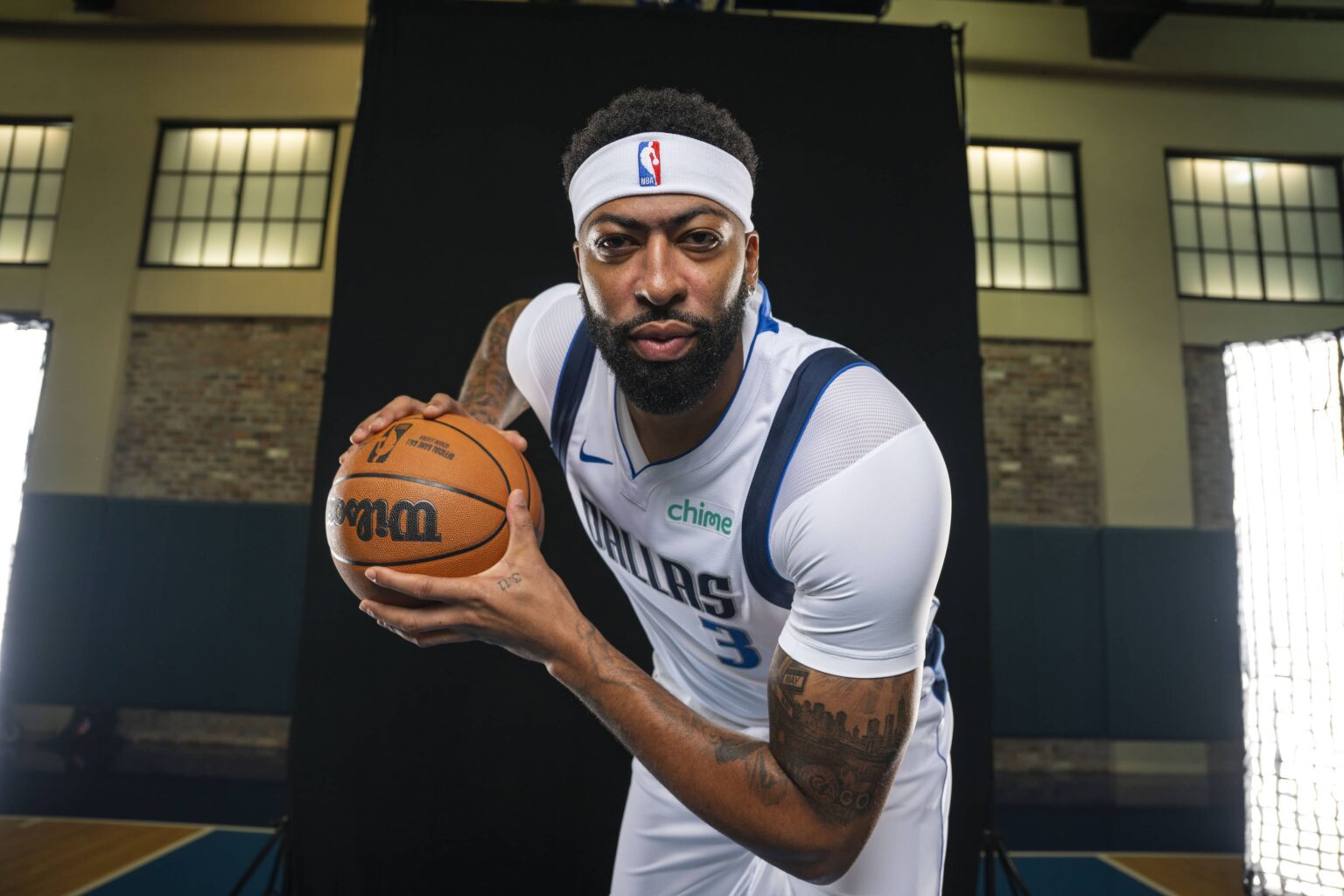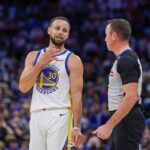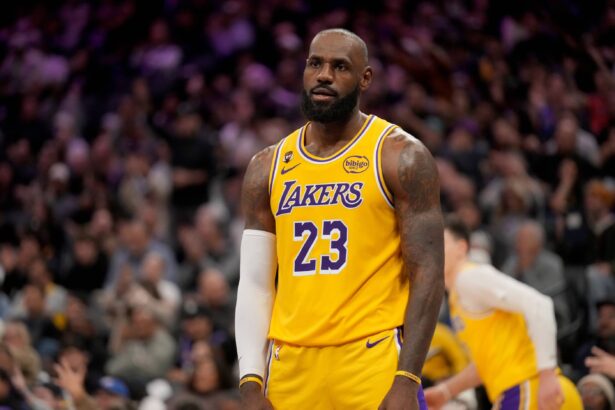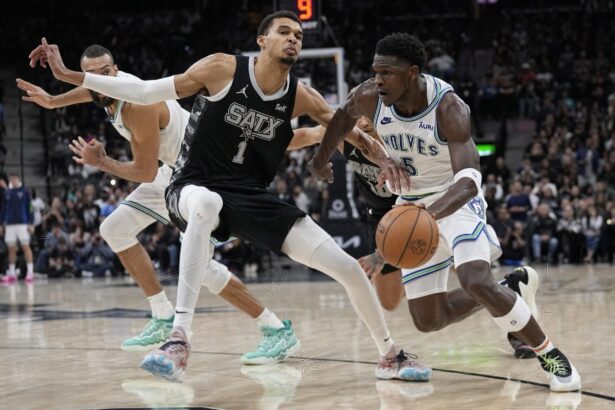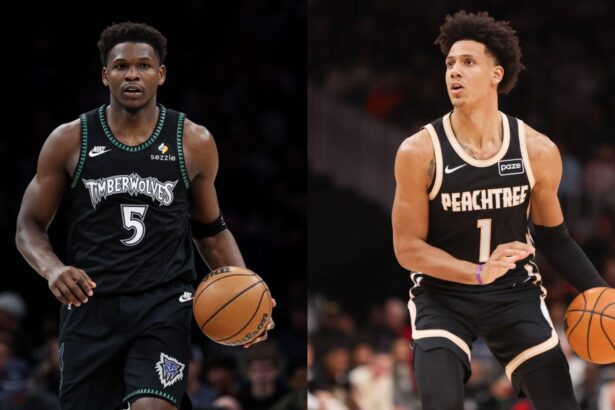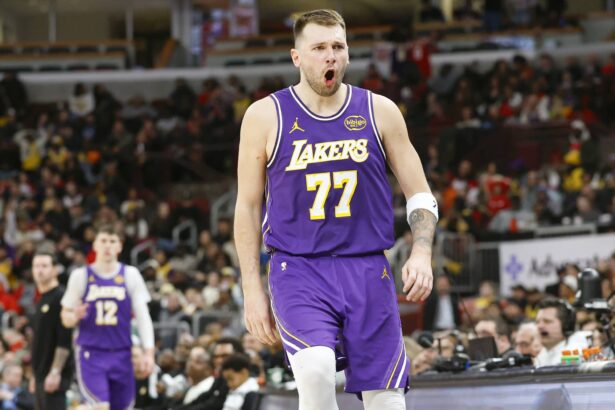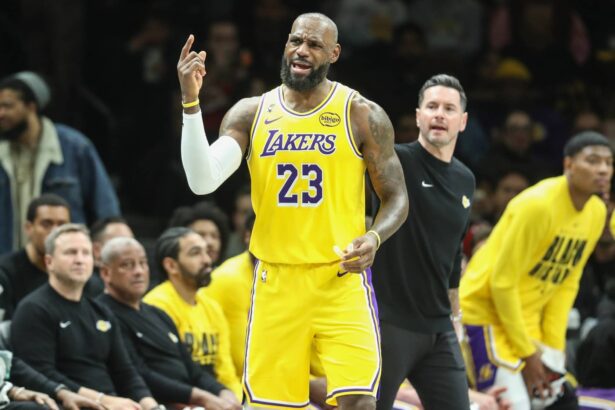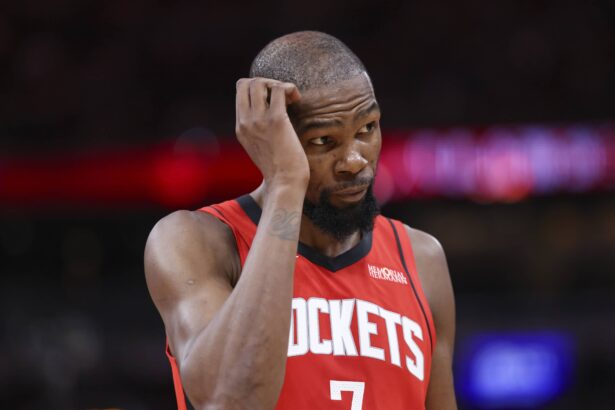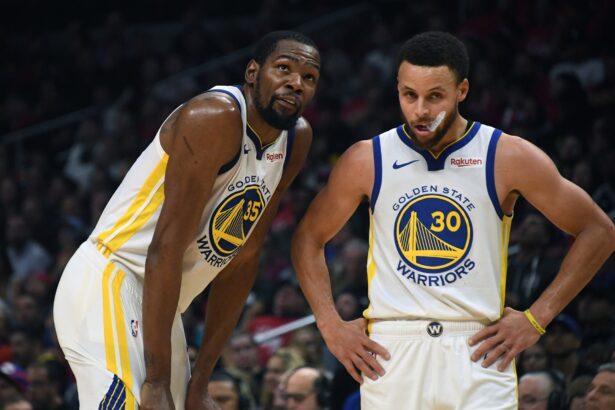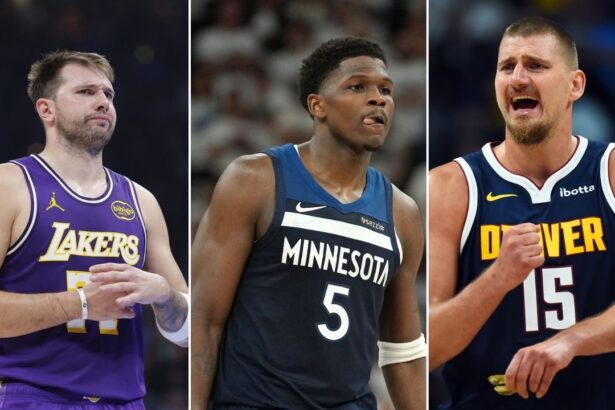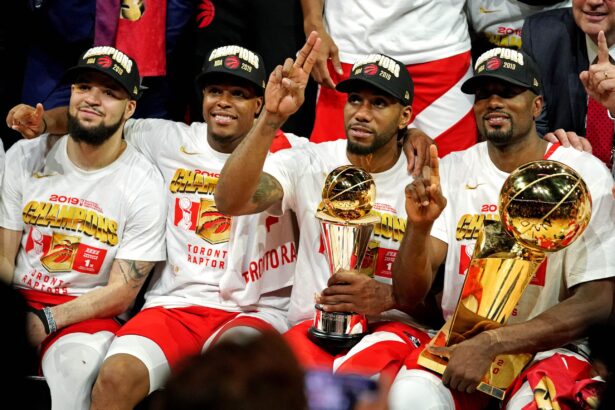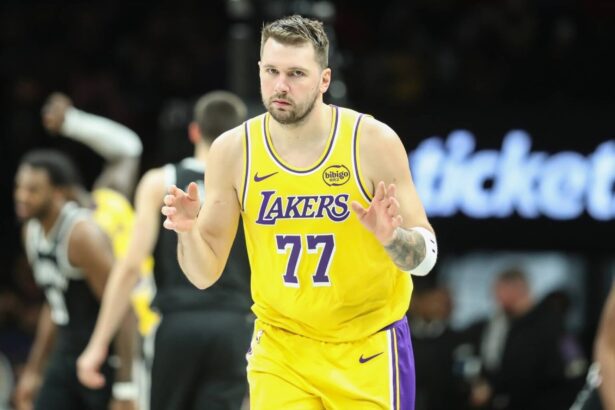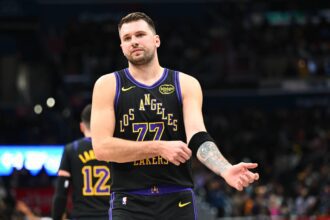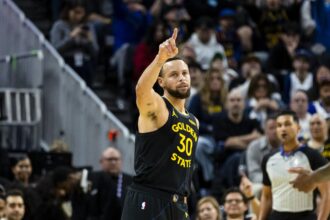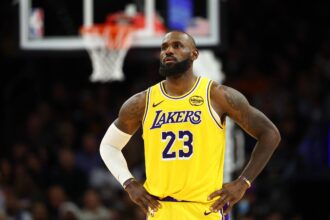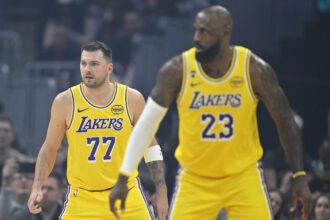Anthony Davis’ name still carries the kind of weight that triggers blockbuster conversations the moment it appears in a rumor mill. He’s still one of the most gifted two-way players in the sport, still a nightmare matchup when he’s moving well, and still a defender who can lift an entire scheme by himself.
But the idea that a team can flip him for a treasure chest of first-round picks and blue-chip prospects doesn’t match what executives are actually saying right now. As Tim Bontemps put it on the Hoop Collective podcast, the trade market for Davis isn’t close to what we could have imagined.
“The idea of trading Anthony Davis has everyone trained to think, well, they’re gonna get three firsts, two swaps, they’re gonna get two young players, and they’re gonna get all this stuff. I shouldn’t say it’s not gonna happen because as we keep saying, the Luka trade happened. So sure, you have to add the corollary to everything now that something crazy could happen.”
“But you talk to people in the league, there’s not a lot of teams that are lining up to take on a 35-year-old Anthony Davis making $63 million, and you have to assume that he’s gonna opt into that deal.”
The reasons aren’t complicated. They come down to money, age, and availability. Davis is owed $54 million this season and $58.4 million next year, with a $62.7 dollar player option for 2027–28. He’ll be 34 when that contract hits its final year. Any GM or front office executive looking a these numbers will have to factor in his history:
Anthony Davis has never been someone who can lock in for 70-75 games in a season. When a team commits that much salary to a star, reliability becomes just as important as talent.
And the talent is still there. Davis is averaging 20.8 points, 10.2 rebounds, 2.2 assists, 1.6 steals, and 1.2 blocks while shooting 52 percent from the field. The production hasn’t slipped. But even those numbers come with one big factor.
He’s played only five games this season because of the calf strain that has lingered since October. Dallas was already frustrated by his conditioning, with concerns that he reported to camp roughly fifteen pounds heavier than last year. Other teams noticed the same thing. Several have reportedly said that they would need him to shed that weight before they take any real step toward a deal.
That’s why the dream packages people imagine, three first-round picks, multiple pick swaps, and multiple young players aren’t realistic right now. Teams aren’t lining up to take on a contract this large for a mid-30s big man who hasn’t stayed healthy in years. For Dallas, the challenge is finding someone willing to absorb the money first, then figuring out the rest.
Interest isn’t gone, though. When Davis is right, he can still change a season. Miami has both the contracts and the ambition to jump in. The Knicks rarely hide their interest in big names. Chicago makes sense because of Davis’ ties to the city. Detroit is the surprise entry, loaded with assets if they decide they want a star to fast-track their rise. Golden State has also been mentioned, but any real discussion becomes uncomfortable for both sides.
Dallas keeps insisting they want this to work with Davis. The standings tell a different story. The Mavericks are 5–13, and their offense is stuck at the bottom of the league. Everything points toward a pivot around Cooper Flagg.
And that’s why this moment feels so different. Anthony Davis is still a top-tier talent, but the contract, the age, and the wear on his body have cooled his market in a way that would’ve sounded impossible a few years ago. The league still respects him. It’s just no longer willing to bet everything on him.

